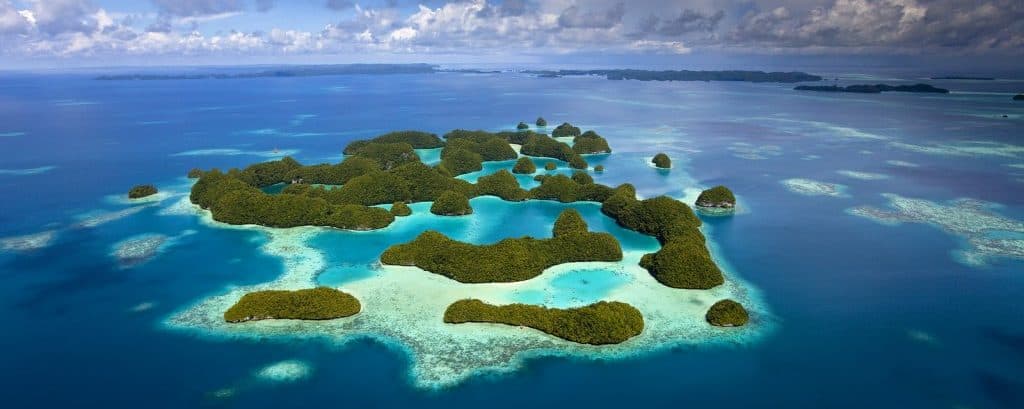Tourism recovery after the COVID-19 pandemic for Palau will be harder than before due to significant policy changes in some of Palau’s key tourism markets and a more competitive global tourism market.
Director Kristy Hsu of Taiwan Chung-Hua Institution for Economic Research (CIER) shared the preliminary results of research being conducted by the CIER on Palau’s tourism industry at the 2023 Pacific Research Conference and Leaders’ Forum on the topic “Toward a Resilient and Inclusive Economic Recovery Post the COVID-19 Pandemic.”
The results, not yet published, show that Palau faces a much more difficult time attracting foreign visitors due to a number of factors, including major policy changes in Palau’s key tourism markets like Japan, China, South Korea and Taiwan, and other Asian countries.
Proactive measures to promote and strengthen inbound tourism by Asian countries create a very competitive marketplace for Palau. Examples given by Director Hsu include ASEAN’s Framework on Sustainable Tourism Development, which aims to make the Asian region a “quality tourism destination.” Japan, for example, “launched policies to promote comprehensive restoration of inbound tourism,” while Thailand approved a National Tourism Development Plan to make Thailand “one of the world’s key tourist destinations.” Taiwan budgeted US$175 million to attract tourists to Taiwan.
“The results shared are not new, but what is new that we heard here is that it will be much more difficult to attract tourists to Palau,” said Minister Kaleb Udui Jr. of the report by Director Hsu. Minister Udui added that this provides a good justification for Palau’s move toward the fintech industry.
Of all the Pacific island countries, Palau and Cooks Islands took the hardest on their economic performance when COVID-19 hit, with Cook Island recording a 29.1 percent contraction and Palau recording a 17.1 percent. Meanwhile, after the pandemic, the Cook Islands economy rebounded, marking 10.5 percent growth, while Palau had a weak recovery showing -1.0 percent growth. This, according to the report, is the result of high dependency on a single source of economic growth.
After the final assessment, a set of recommendations will accompany the report to Palau, and one of those recommendations will be to “formulate a medium and long-term National Strategy and roadmaps towards a sustainable, greener, inclusive and resilient tourism value chain.”
